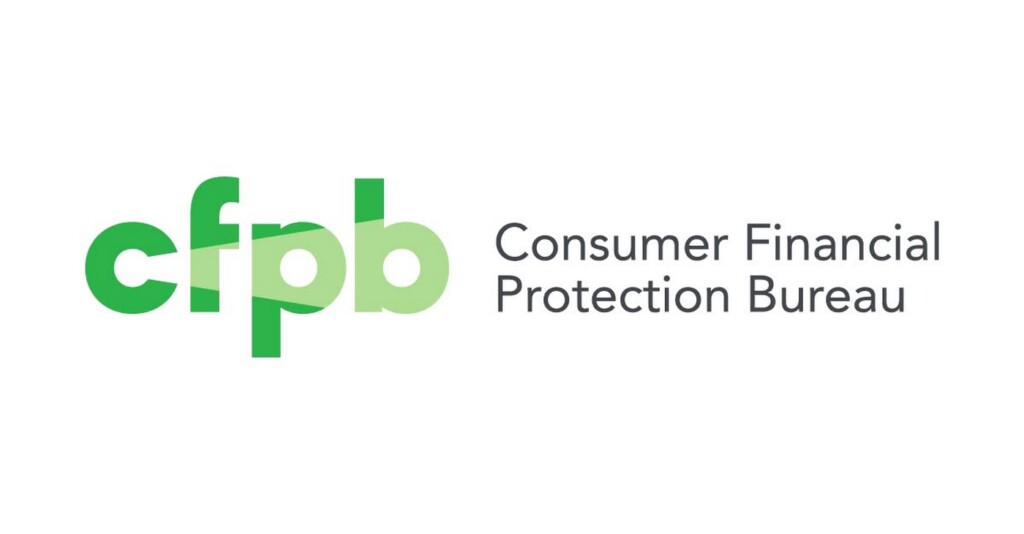
A little-known federal regulatory agency called the Consumer Financial Protection Bureau (CFPB) just finalized a rule that will prevent medical debt from affecting consumer credit scores.
Millions of Americans live in fear of developing too many bad marks on their credit score. This mysterious number shared between financial institutions can govern whether or not an American can receive a loan. Any missed payment or default is likely to show up as a black mark, and may hinder them from receiving a mortgage, car loan, or other kind of liability.
The CFPB’s ruling will remove an estimated $49 billion in medical bills from the credit reports of about 15 million Americans. The CFPB’s action will ban the inclusion of medical bills on credit reports used by lenders and prohibit lenders from using medical information in their lending decisions.
The CFPB has found that medical debts provide little predictive value to lenders about borrowers’ ability to repay other debts, often because large medical expenses are typically incurred involuntarily. They frequently represent absolutely necessary expenses that would be prioritized above most other discretionary spending had they been seen ahead of time.
FICO and VantageScore, two major credit scoring companies, have agreed to reduce the degree to which medical-related costs affect credit scores, while Equifax, Experian, and TransUnion, three national credit reporting conglomerates have agreed to remove $50 billion of medical debt from affecting credit scores.
- New US Rule Banning Fake Online Reviews and Testimonials Is Now in Effect, Thanks to FTC
- U.S. to Eliminate Exorbitant Cost of Prison Phone Calls With New Law
- Life Savings of an Entire Small Town Recovered from the Depths of Crypto-Scam, Thanks to FBI
The CFPB expects the rule will lead to the approval of approximately 22,000 additional, affordable mortgages every year and that Americans with medical debt on their credit reports could see their credit scores rise by an average of 20 points.
“People who get sick shouldn’t have their financial future upended,” said CFPB Director Rohit Chopra. “The CFPB’s final rule will close a special carveout that has allowed debt collectors to abuse the credit reporting system to coerce people into paying medical bills they may not even owe.”
SHARE This Positive Consumer Protection With Your Friends…




















